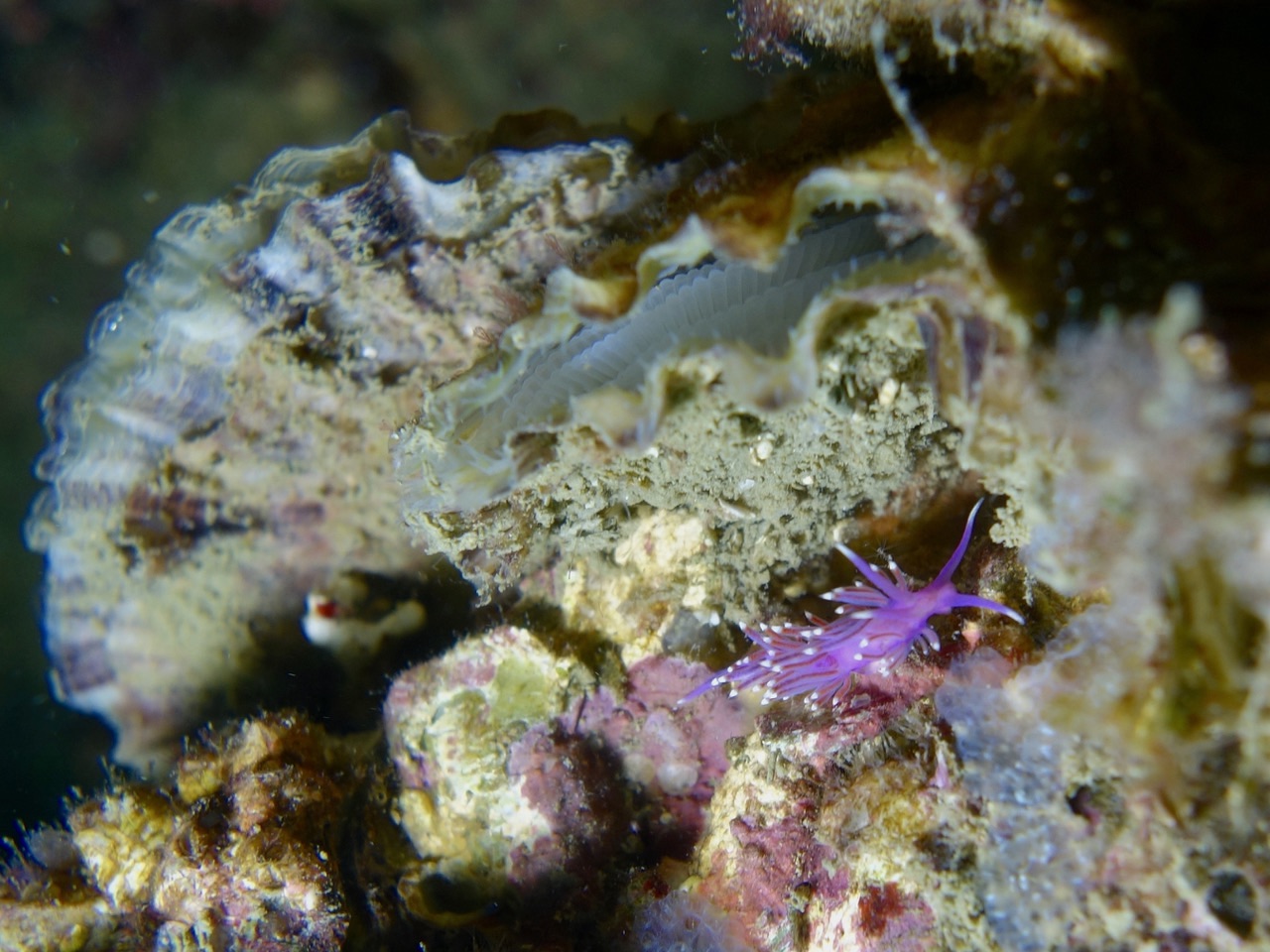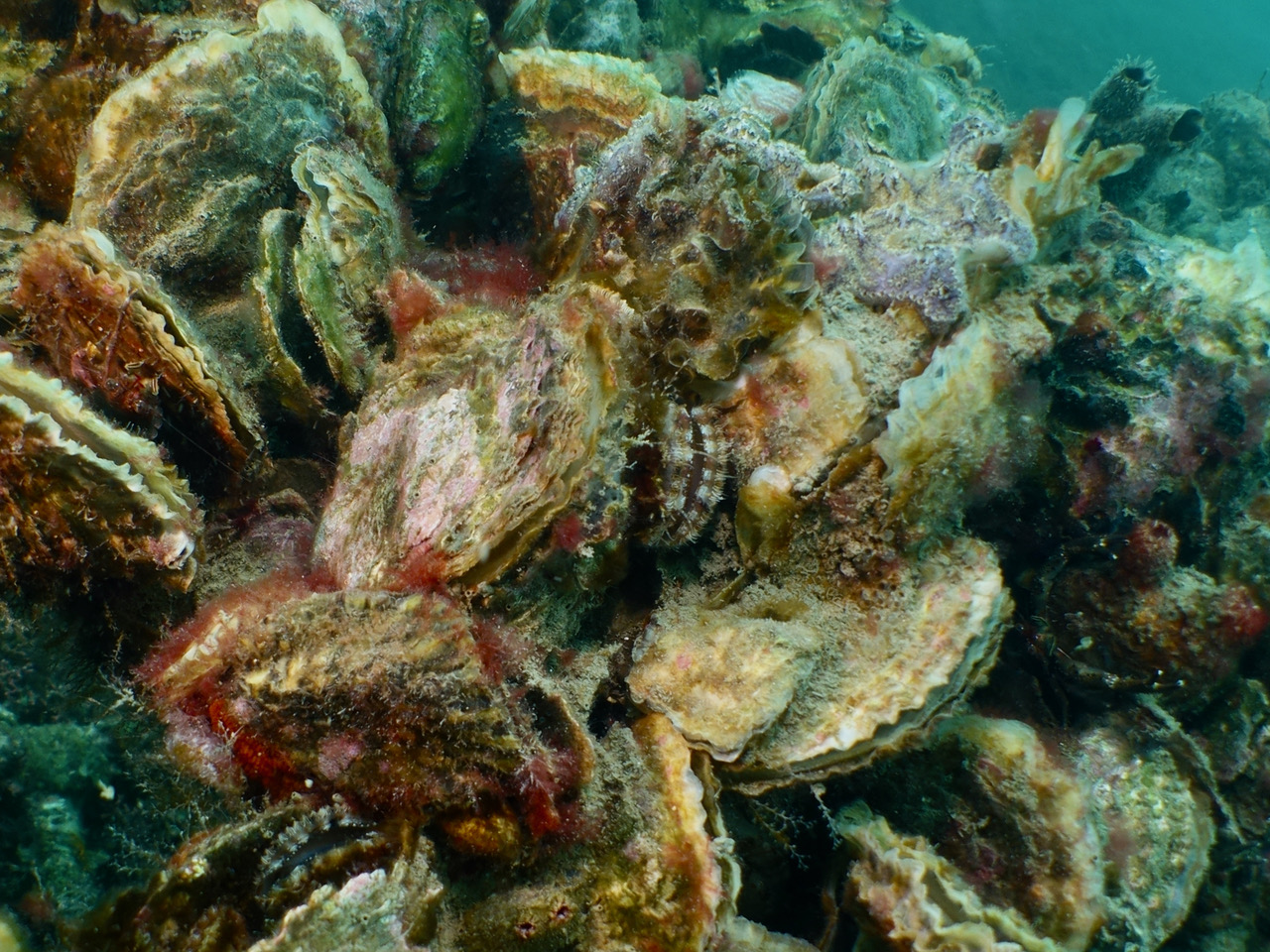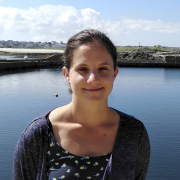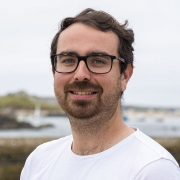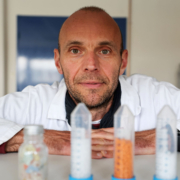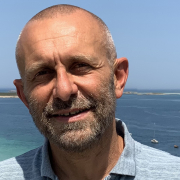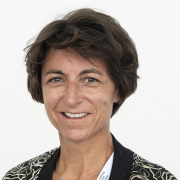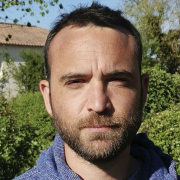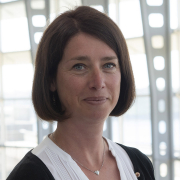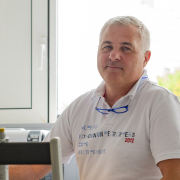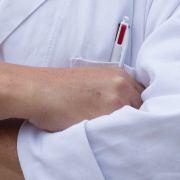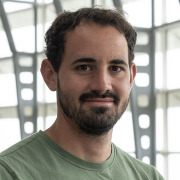Copyright : Laboratoire LEMAR- 2018
Carole Di Poi, Ika Paul-Pont et Arnaud Huvet
National
Start Date
03/04/2025
End Date
03/04/2025
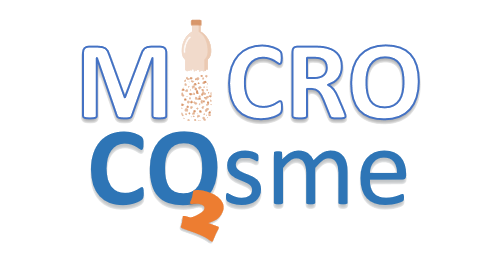
Human activities have intensive impacts on the oceans by increasing atmospheric carbon dioxide, which causes ocean warming and acidification. These global changes are co-occurring with existing other local anthropogenic pressures, notably plastic pollution. Independently, these pressures are causing already observable changes in the diversity and abundance of coastal and marine species. However, their cumulative effects are largely unknown. Recent studies suggest that climate change may exacerbate the impacts of microplastics on marine organisms in enhancing their bioavailability and ecotoxicity. In the end, one can expect that seawater temperature and pH changes and microplastics will work in tandem and increase impacts on the physiology of marine organisms while reducing the health of the coastal ecosystem as a whole. In particular, it is urgent to evaluate the effects of these forcings on the native and emblematic species of our coasts. Among these species is the flat oyster Ostrea edulis, an engineer species, capable of forming biogenic reefs and now threatened with extinction. This species was very present in the Bay of Brest in the past where it created, over large areas, lush biogenic subtidal calcareous reefs, rich in biodiversity and providing many ecosystem services. Within the framework of the 2021-2030 decade on ecosystem restoration launched by the UN, an initiative to restore this threatened habitat is underway on a European scale and the Bay of Brest is one of the workshop sites.
In this context, MicroCO2sme addresses the vulnerability of Ostrea edulis reefs to microplastic pollution in the context of ocean warming and acidification to better guide current and future restoration projects.
Specifically, the project aims at:
- deciphering the impacts of seawater temperature and pH changes on the ecotoxicity of microplastics by conducting single and combined-driver exposures.
- evaluating the long-term effects of both climate change and microplastics on the acclimation abilities at the individual, population and benthic communities within edulis biocenosis.
- raising society and stakeholders’ awareness on major environmental drivers threatening marine native species and on the subsequent socio-ecological consequences.
Thanks to our partnership with Océanopolis in the framework of the Océanolab programme, we will recreate a temperate ecosystem, consisting of O. edulis oysters and its associated epibenthic species, in a controlled environment over the long-term (≥ 1 year) and exposed to realistic end-of-century global change scenarios. High-throughput tools will be used for global physiological assessment (omics, live-cell imaging) combined with groundbreaking techniques for monitoring biodiversity changes (metabarcoding) and microplastics’ behaviour under climate change (Raman/FTIR imaging). The combination of research and mediation activities will provide useful information to the society including stakeholders and decision-makers for guiding future policies, and will address major regional and global goals to prevent, halt, reverse the degradation of marine ecosystems and initiate the restoration of marine ecosystems for the benefit of all.
.av-horizontal-gallery.av-av_horizontal_gallery-82d699131448ed0dd5460b59360009d5{ padding:3.75% 0px;; } .av-horizontal-gallery.av-av_horizontal_gallery-82d699131448ed0dd5460b59360009d5 .av-horizontal-gallery-inner{ padding-bottom:25%; }
Pictures by Mathias HUBER | Ifremer
Laboratory Members
Contributors
- Océanopolis
- Labo. Génétique et Pathologie des Mollusques Marins (I. Arzul, C. Lecadet)
- LER-Bretagne Nord (N. Desroy)
- LER-Provence Azur Corse (J.-L. Gonzalez)
- UMR BOREA, Université de Caen (C. Détrée, G. Zardi)
- Dept. of Comparative Biomedicine and Food Science, Univ. of Padova, Italy (M. Milan)

